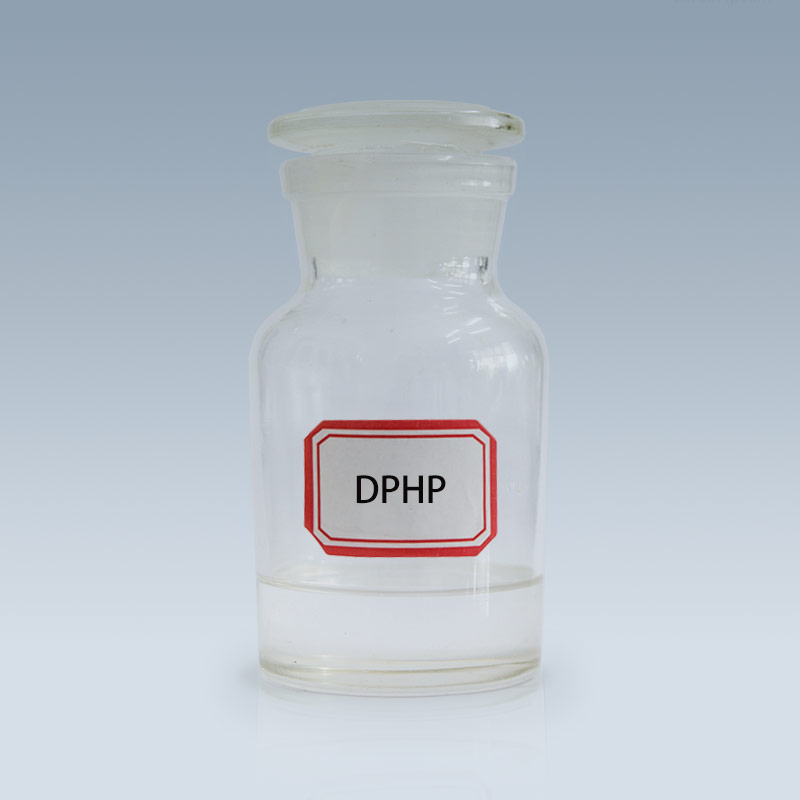Diisodecyl phthalate (DIDP) is a high molecular weight phthalate plasticizer that is widely used in the plastics industry due to its excellent performance. As an important chemical raw material, DIDP not only performs well in improving material flexibility, but also becomes the preferred plasticizer in many industries due to its unique chemical structure and stability.
Chemical Properties and Physical Properties
The chemical formula of DIDP is C28H46O4, which is synthesized by esterification of phthalic anhydride and isodecyl alcohol. Its molecular structure contains two long-chain alkyl groups (C10), which give DIDP excellent hydrophobicity and low volatility. Compared with low molecular weight phthalates (such as DEHP), DIDP has higher heat resistance and anti-migration ability, which enables it to remain stable under harsh conditions such as high temperature or high pressure.
In addition, DIDP has an extremely low melting point (about -50°C) and a boiling point of more than 350°C. This wide temperature range makes it an ideal choice for high-performance plastic products. At the same time, its electrical insulation properties are also excellent, which can meet the special requirements of materials in the electronic and electrical fields.
Preparation process and technological innovation
The production of DIDP mainly relies on a two-step process: the first step is to generate isodecyl alcohol through the polymerization reaction of isobutylene; the second step is to esterify isodecyl alcohol with phthalic anhydride to finally obtain the target product. This process requires precise control of parameters such as catalyst type, reaction temperature and pressure to ensure the purity and yield of the product.

In recent years, the development of green chemical technology has promoted the improvement of DIDP production process. For example, the application of solid acid catalysts significantly reduces the corrosion problems and waste liquid emissions that may be caused by traditional liquid acid catalysts. In addition, the research on bio-based raw materials also provides new possibilities for the sustainable production of isodecyl alcohol, which may further optimize the manufacturing process of DIDP in the future.
Practical Application and Industry Value
The main uses of DIDP are concentrated in the field of polyvinyl chloride (PVC) processing, especially in wires and cables, automotive interior parts and flooring materials. Due to its excellent heat resistance and migration resistance, DIDP can significantly extend the service life of PVC products. For example, adding DIDP to cable sheaths working in high temperature environments can effectively prevent the precipitation of plasticizers, thereby improving product reliability.
In addition, DIDP is also widely used in medical equipment, flexible films and toy manufacturing. Although some phthalates are restricted due to potential health risks, DIDP is still widely used worldwide because it is considered to have less impact on the human body due to its high molecular weight and low toxicity.
It is worth mentioning that DIDP's low volatility and good processing properties also make it a key material in some special application scenarios. For example, in the automotive industry, DIDP can help PVC materials maintain softness and durability under long-term exposure to sunlight and high temperatures.



 English
English 中文简体
中文简体







